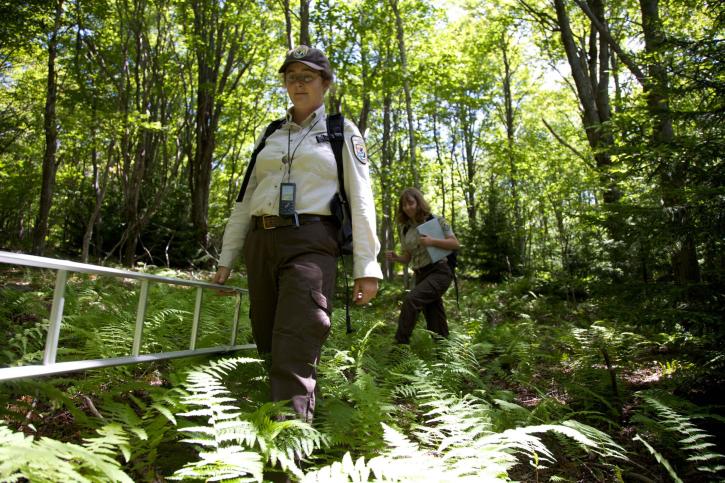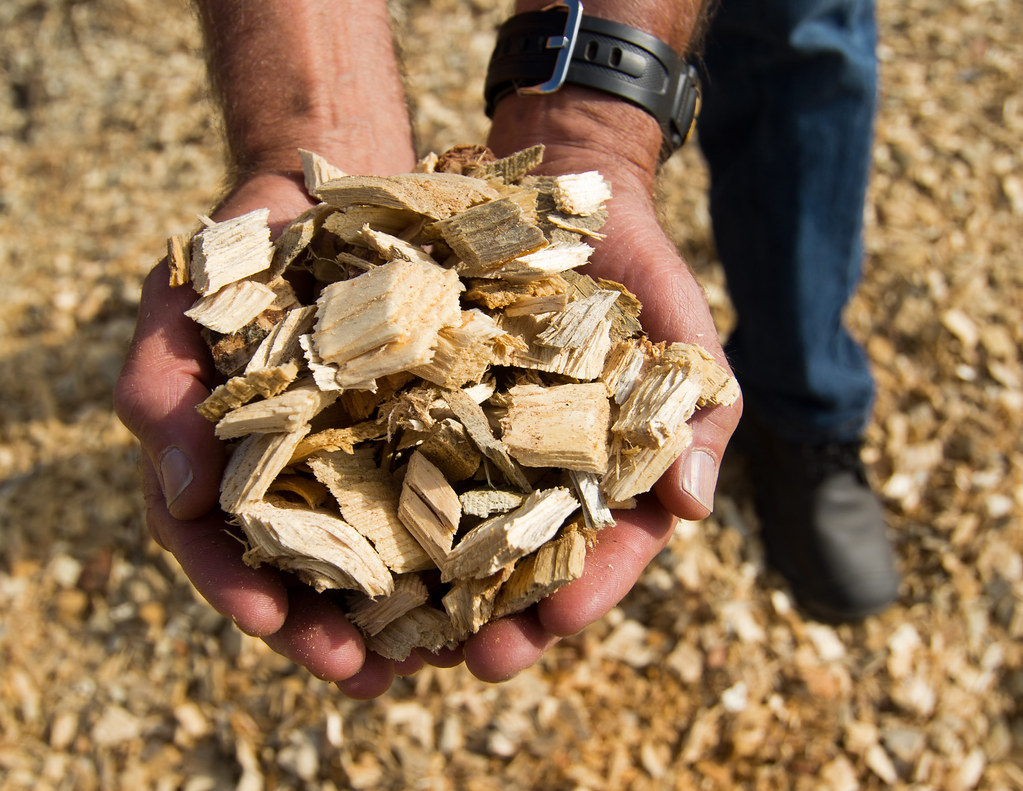 The Farm Bill’s Title VIII addresses forestry research and assistance, especially on private lands. Most programs are authorized primarily under the Cooperative Forestry Assistance Act, the Forest and Rangeland Renewable Resources Research Act, and the Healthy Forest Restoration Act. Although most programs are permanently authorized, the programs that did require reauthorization and successfully obtained it include “the Healthy Forests Reserve Program, Rural Revitalization Technology, National Forest Foundation, and funding for implementing statewide forest resource assessments” (Congressional Research Service).
The Farm Bill’s Title VIII addresses forestry research and assistance, especially on private lands. Most programs are authorized primarily under the Cooperative Forestry Assistance Act, the Forest and Rangeland Renewable Resources Research Act, and the Healthy Forest Restoration Act. Although most programs are permanently authorized, the programs that did require reauthorization and successfully obtained it include “the Healthy Forests Reserve Program, Rural Revitalization Technology, National Forest Foundation, and funding for implementing statewide forest resource assessments” (Congressional Research Service).
 The 2018 Farm Bill establishes the Timber Innovation Act in the Forestry Title to create programs to “promote wood innovation for energy use and building construction and to facilitate the removal of forest biomass,” (Congressional Research Service) with an annual authorization of up to $20 million. This act replaced other biomass projects, such as the Biomass Commercial Utilization Program, biomass energy demonstration project, and the wood fiber recycling research project.
The 2018 Farm Bill establishes the Timber Innovation Act in the Forestry Title to create programs to “promote wood innovation for energy use and building construction and to facilitate the removal of forest biomass,” (Congressional Research Service) with an annual authorization of up to $20 million. This act replaced other biomass projects, such as the Biomass Commercial Utilization Program, biomass energy demonstration project, and the wood fiber recycling research project.
The 2018 Farm Bill removed the Forest Service’s hazardous fuels management program’s permanent authorization and set a sunset date of 2023 for the program.
The 2018 Farm Bill added hazardous fuels reduction as a priority project category, and reauthorized the Collaborative Forest Landscape Restoration Program with an increase in appropriations to $80 million.
Good Neighbor Agreements expanded in the 2018 Farm Bill to better include Native American tribes and authorize them to “enter into contracts to perform specified forest management activities on tribal land” (Congressional Research Service).
